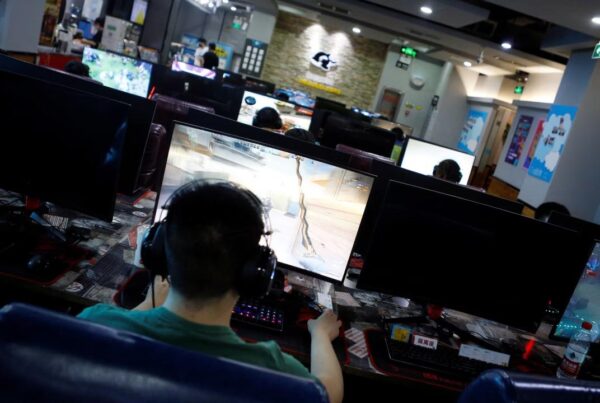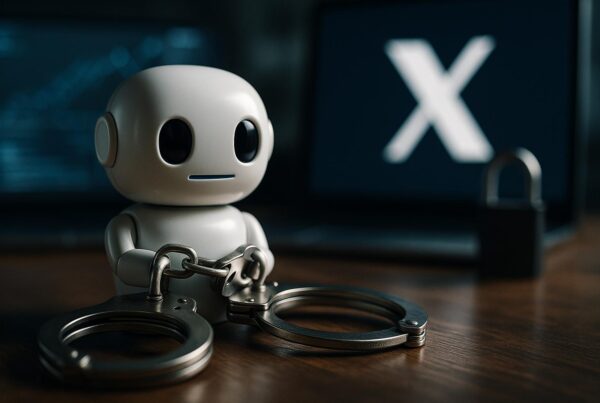TikTok has reached a major turning point in its journey in the United States. After years of facing data security concerns, political pressure, and threats of a total ban, ByteDance, the parent company, has agreed to a US-based operational split. Under the new framework, the American TikTok entity will hold majority control, including board oversight and algorithm governance. Meanwhile, ByteDance will remain a minority shareholder, without direct access to user data or recommendation systems. This decision marks a historic moment in the tug-of-war between national policy, geopolitics, and the global social media industry.
Regulatory Context and Political Pressure
The split was not a sudden decision. It originated from a Committee on Foreign Investment in the United States (CFIUS) review, which concluded that ByteDance’s acquisition of Musical.ly posed a national security risk. Since then, fears have grown that American user data could be accessed by foreign entities or manipulated through recommendation algorithms.
In addition, Congress and the White House passed legislation requiring foreign divestment for platforms with a large user base. If the rule were ignored, TikTok faced the possibility of a full ban. Tensions escalated through 2024 with repeated deadline extensions, culminating in a final settlement in September 2025.
This situation illustrates how social media platforms are no longer just entertainment tools but geopolitical instruments. TikTok became a digital cold war symbol between Washington and Beijing, where data sovereignty is at the core of policy.
Legal Pressures Over Time
Since 2020, TikTok has faced multiple lawsuits, including efforts to overturn executive orders attempting to ban the app. Courts often delayed enforcement, but legal uncertainty persisted. With the new settlement, TikTok in the US gains firmer legal ground, though future challenges remain possible.
CFIUS as the Key Driver
CFIUS played a central role in pushing for divestment. The agency saw foreign ownership of an app controlling data from hundreds of millions of Americans as an unacceptable risk. Their divestment recommendation ultimately became the unavoidable path for ByteDance.
Transaction Structure and Algorithm Control
Under the new agreement, TikTok US will be governed by a board dominated by American citizens. Oracle is designated as the primary technology partner to oversee user data and algorithms. This model aims to create a “separate technical bubble” in which American TikTok data and recommendation systems are operated independently.
ByteDance holds less than 20 percent of shares, effectively removing its operational control. For US regulators, this step is critical to preventing foreign interference in content distribution, particularly content that could sway public opinion.
Oracle as the Data Custodian
Oracle’s role is pivotal. The company is tasked with operating US-based infrastructure to store all American user data. Independent audits will be conducted regularly. This ensures data control is seen as central to national security in the digital era.
Licensing and Algorithm Rights
The most sensitive issue is the recommendation algorithm. According to the White House, the US entity will control the algorithm serving its domestic market. The transfer of such technology is complex because China enforces strict export rules on strategic tech. Licensing and localized oversight are therefore adopted as compromise solutions.
Geopolitical Implications and Global Impact
The agreement carries far-reaching consequences. In Washington, it is framed as a political victory forcing a foreign tech giant to comply with national regulations. In Beijing, however, it sets a troubling precedent that could impact other Chinese companies abroad.
Meanwhile, other countries are rethinking their own data sovereignty policies. Brazil, the European Union, and India have intensified discussions on data localization and algorithm oversight. TikTok has become the prime case study of how global tech platforms are forced to adapt to national regulations.
Market Reactions
Global investors view the deal as offering stability for TikTok in the American market, though at the cost of higher operational expenses. The digital ad market is expected to grow, especially if advertiser confidence improves thanks to stronger data security assurances.
Lessons for Other Companies
This settlement could serve as a blueprint for other platforms. Facebook, X (formerly Twitter), and YouTube may eventually face similar demands in tightly regulated jurisdictions. The world is entering a new era where the globalization of social media is constrained by digital sovereignty.
Impact on Creators and Advertisers
For creators, the deal means continuity. They can maintain access to the American audience without disruption. However, small adjustments in algorithms could significantly affect content distribution and revenue. Creators will need to closely monitor analytics such as engagement, reach, and monetization.
For advertisers, the settlement presents an opportunity. With independent audits and local oversight, brand safety could be strengthened. Although the transition may cause temporary disruptions in ad systems, the long-term stability is considered more valuable.
Creators and Audience Reach
Creators may need to adapt their strategies if algorithmic rules shift. Even minor changes to content distribution could impact engagement, making careful data analysis critical.
The Advertising Industry and Brand Safety
Advertisers will likely view this settlement as an upgrade in credibility. With local oversight, risks of data misuse and unsafe content distribution can be reduced. This could raise CPM rates and boost platform revenue.
Ultimately, the TikTok split in the US is not just a business maneuver but a reflection of global political dynamics. The United States has reinforced its position on data sovereignty, while China faces challenges in defending the influence of its tech giants. For users, creators, and advertisers, the deal provides short-term certainty, though the future remains full of uncertainty. To follow the latest developments, readers can explore more in Olam News’ Technology and Digital Geopolitics sections.






